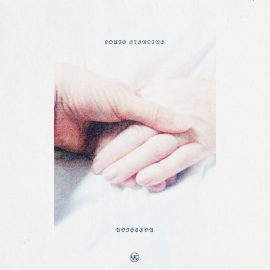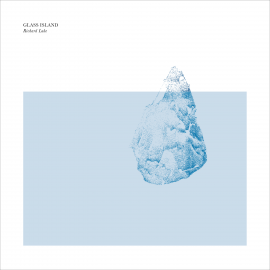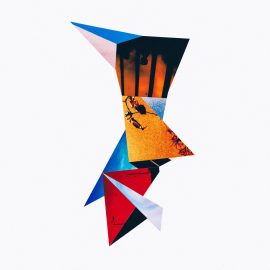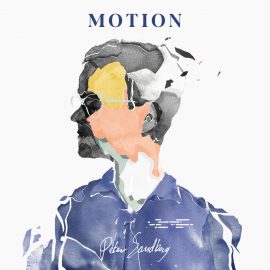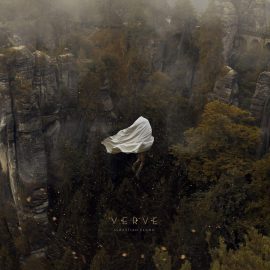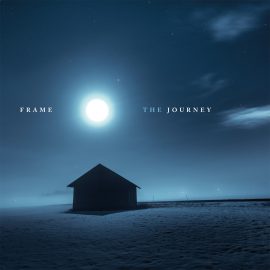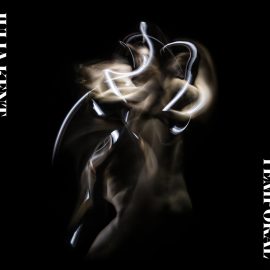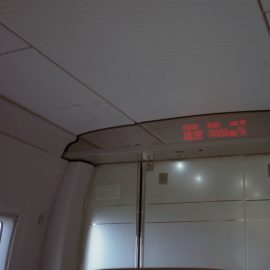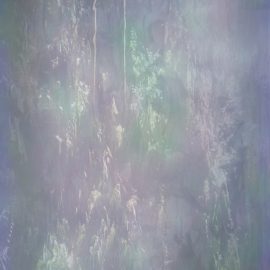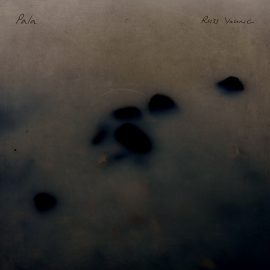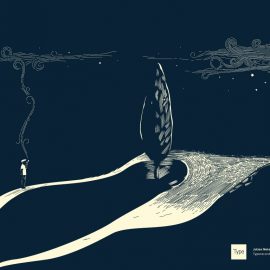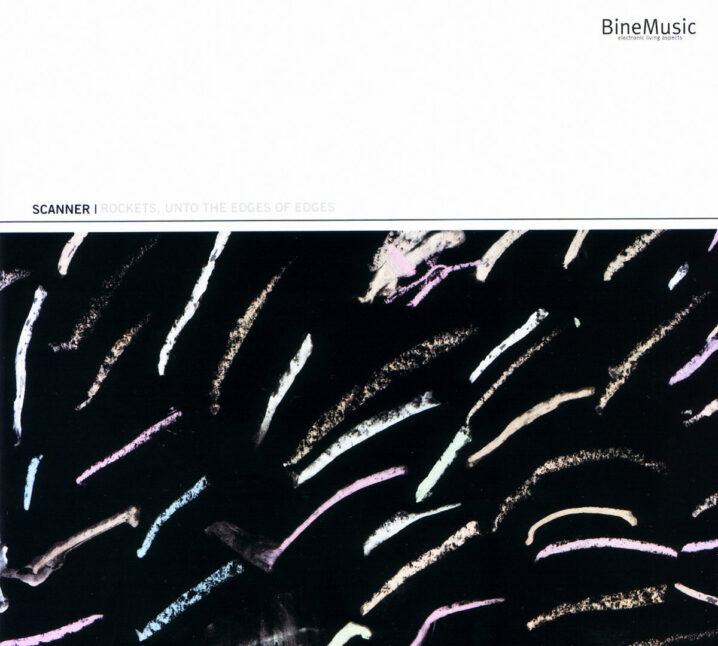
Robin Rimbaud devoted his life to the act of listening. In his earlier works, Rimbaud tuned into the airwaves, extracting snippets of radio, mobile phone conversations, and police broadcasts. These fragments were meticulously edited and reincorporated into his compositions, creating a unique experimental genre that garnered international admiration from the likes of Aphex Twin and Stockhausen. He has produced yet another album as Scanner, supplementing his vast discography, which includes collaborations with DJ Spooky, Alva Noto, Kim Cascone, and Vitiello among many others. Rockets, Unto The Edges Of Edges does not disappoint.
The album commences with vocal samples, strums of guitar and Rimbaud’s own gentle singing. However, the tone shifts when the kick drops and bounces away. The distorted snippets of voices persistently dominate the background of Scanner’s recordings. After all, we are eavesdropping. This fusion of acoustic instrumentation and electronic treatments evolves, introducing a full string ensemble conducted in the rhythm of a solid beat and bitcrushed percussion. By the time I reach track three, titled Anna Livia Plurabelle, full of classical operetta vocals by the acclaimed soprano Patricia Rozario, crying in angst, I understand the grandeur of Scanner’s work; it’s a cinematic masterpiece forged from lost and found fragments.
The rest of the album is equally beautiful. Speckles of found voices, radar transmissions, and environmental recordings are subtly incorporated into this musical piece.
The ghostly presence of William Burroughs and philosopher Bertrand Russell weave their way through some of the pieces, opening into the dark heart of ‘Yellow Plains Under White Hot Blue Sky’, an epic, almost menacing work, with corrosive voices, noises and abstract shapes over a primordial electronic beat, that continues to build and ignite with bowed strings into a picturesque precise explosion.
Whilst I cannot claim that I have listened to every album by Rimbaud, I can confidently concur with critics that this is his most mature and personal album to date. A soundtrack to a voyeur’s life finally turned inwards. This is organic, this is digital, this is modern classical at its best. Completely unexpected and highly recommended for fans of Max Richter and Jóhann Jóhannsson. Grab your copy from the Essen (Germany) based BineMusic, whilst I etch this winner onto my upcoming Best of ’09. Need I say more?

